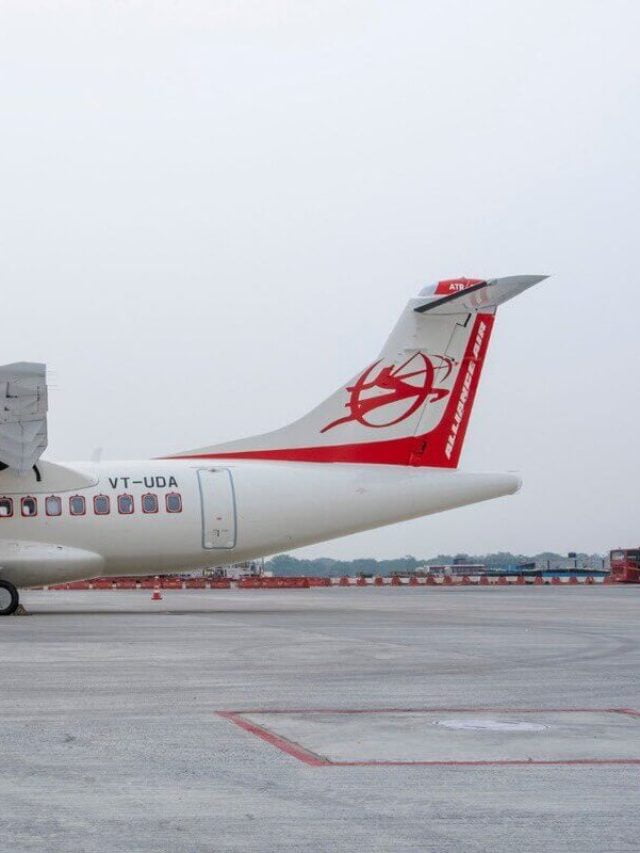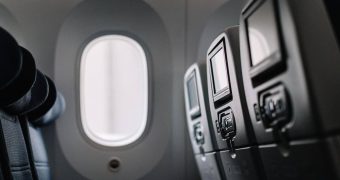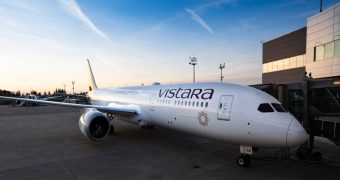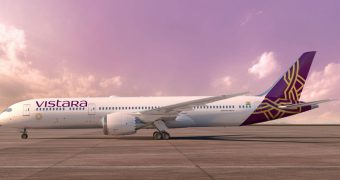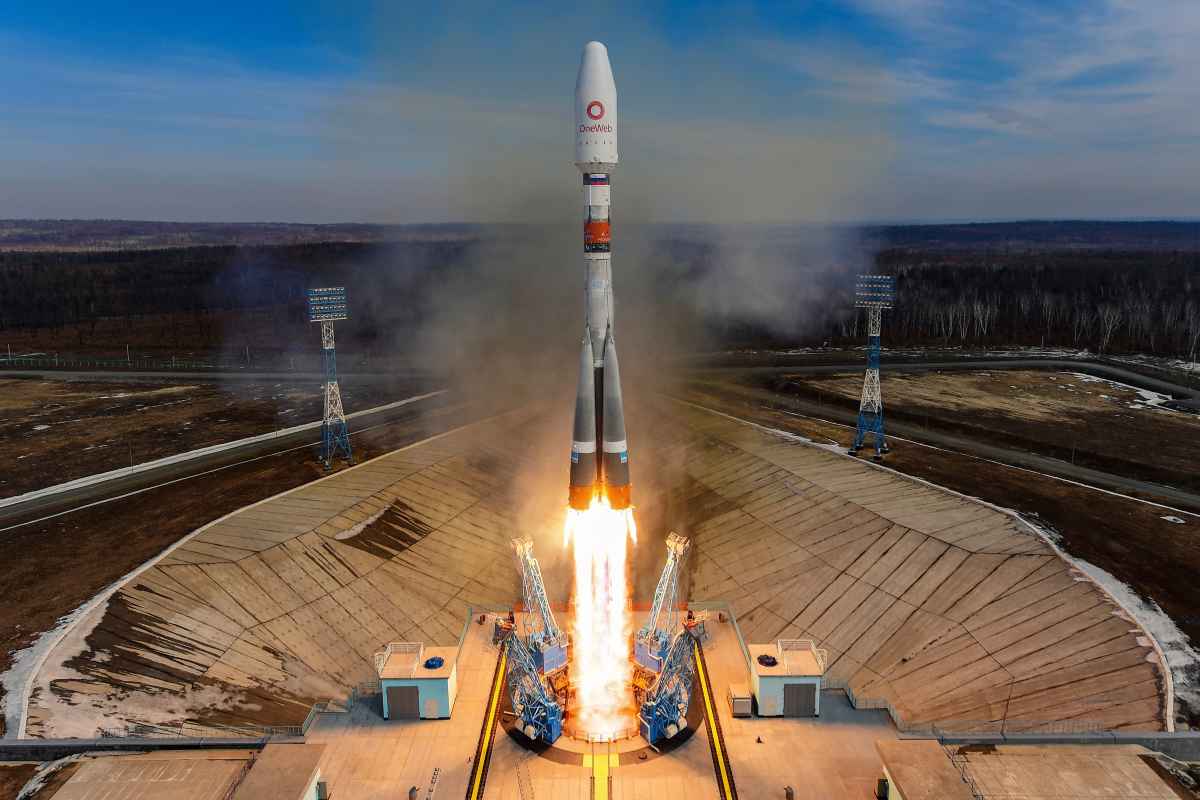According to the International Air Transport Association (IATA), the passengers who choose air travel would become double to 8.2 billion by 2037. The recent update to IATA’s 20-Year Air Passenger Forecast anticipates a 3.5% compound annual growth rate (CAGR) over the next two years. The industry will generate more jobs and GDP growth.
However, the report warned that the growth and economic prospects from air travel could be limited if the governments of the countries start adopting protectionist measures. If there occur policy shifts over time, the aviation industry will continue to grow but at a lesser pace. It will end up in fewer economic and social benefits.

Aviation is growing, and that is generating huge benefits for the world. A doubling of air passengers in the next 20 years could support 100 million jobs globally. Two important things stand out about this year’s forecast. Firstly, we see a geographical reshuffling of world air traffic to the East. And secondly, we foresee a significant negative impact on the growth and benefits of aviation if tough and restrictive protectionist measures are implemented, said Alexandre de Juniac, IATA’s Director General and CEO.
Region-wise, Asia-Pacific will witness the highest growth. According to the forecast, half of the new passengers will be from this region. The Asia-pacific market is witnessing robust economic growth, improvements in household incomes and favourable population and demographic profiles, which are the primary reasons cited for the shift.
Also Read: Trade Tensions Affect Air Cargo Demand: IATA
Global prosperity depends on air connectivity. Aviation is sensitive to policies that either support or undermine growth. And these seem to be pointing in the wrong direction. Dampening demand for air connectivity risks, high-quality jobs, and economic activity dependent on global mobility. This forecast is a cautionary warning to governments. First, the industry will grow, but they must clear the infrastructure bottlenecks to bring that growth to their home markets. And secondly, governments must understand that globalization has made our world more socially and economically prosperous. Inhibiting globalization with protectionism will see opportunities lost, said de Juniac.
By the mid-2020s, China will overtake the US as the world’s largest aviation industry. India will be the third in the chart after China and the US. India will surpass the UK around 2024. Indonesia will become the fourth largest aviation industry by 2034. Thailand may enter into the top 10 charts by 2030.
Also Read: India’s Air Traffic Falls for the First Time in Five Years: IATA
